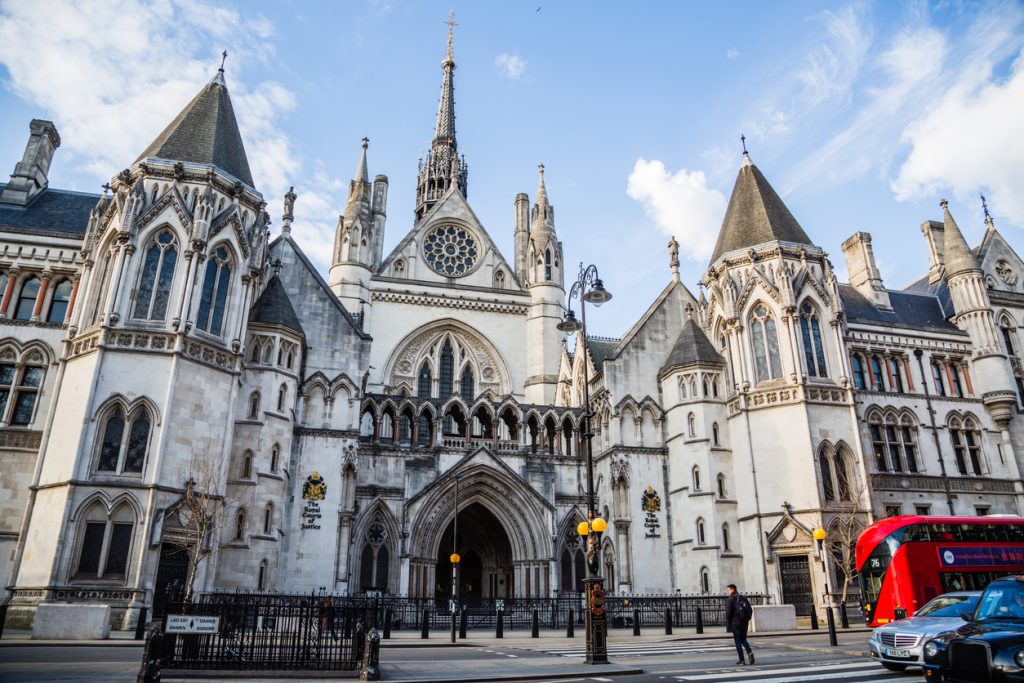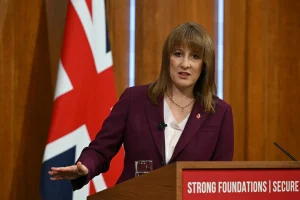Children under the age of 16 considering gender reassignment are “unlikely” to be able to give informed consent to be prescribed puberty-blocking drugs, three High Court judges have ruled.
The case was brought against Tavistock and Portman NHS Trust, which operates the UK’s main gender identity development service for children. The Trust said it was “disappointed”, but immediately suspended new referrals for puberty blockers and cross-sex hormones for under-16s, which in future will only be permitted when specifically authorised by a court.
"It is highly unlikely that a child aged 13 or under would be competent to give consent to the administration of puberty blockers,” Dame Victoria Sharp said in the ruling, sitting with Lord Justice Lewis and Mrs Justice Lieven. "It is doubtful that a child aged 14 or 15 could understand and weigh the long-term risks and consequences of the administration of puberty blockers."
The judges added that young persons aged 16 and over were assumed to have the ability to consent to medical treatment.
The claim was brought by Keira Bell, a 23-year-old woman who began taking puberty blockers at 16 before “detransitioning”, and the unnamed mother of a 15-year-old girl with autism who is on the waiting list for treatment. Ms Bell said she was “delighted” by the judgement.
Dr Peter Dunne, Senior Lecturer at the University of Bristol Law School, said: “This is a very significant judgment, which has the potential to reshape the provision of gender affirming healthcare for young people in England and Wales. Although the High Court acknowledges that puberty blockers are appropriate for some trans and non-binary children, the judges expressed deep scepticism that minors under the age of 16 years could provide the necessary consent for treatment.
[ymal]
“Taking a different position from courts in other commonwealth countries, today’s judgment is likely to reduce the number of children receiving care through the NHS. While some will celebrate the decision as a victory for child protection, others may ask whether child welfare is really served by creating additional obstacles to much-needed care.”






















